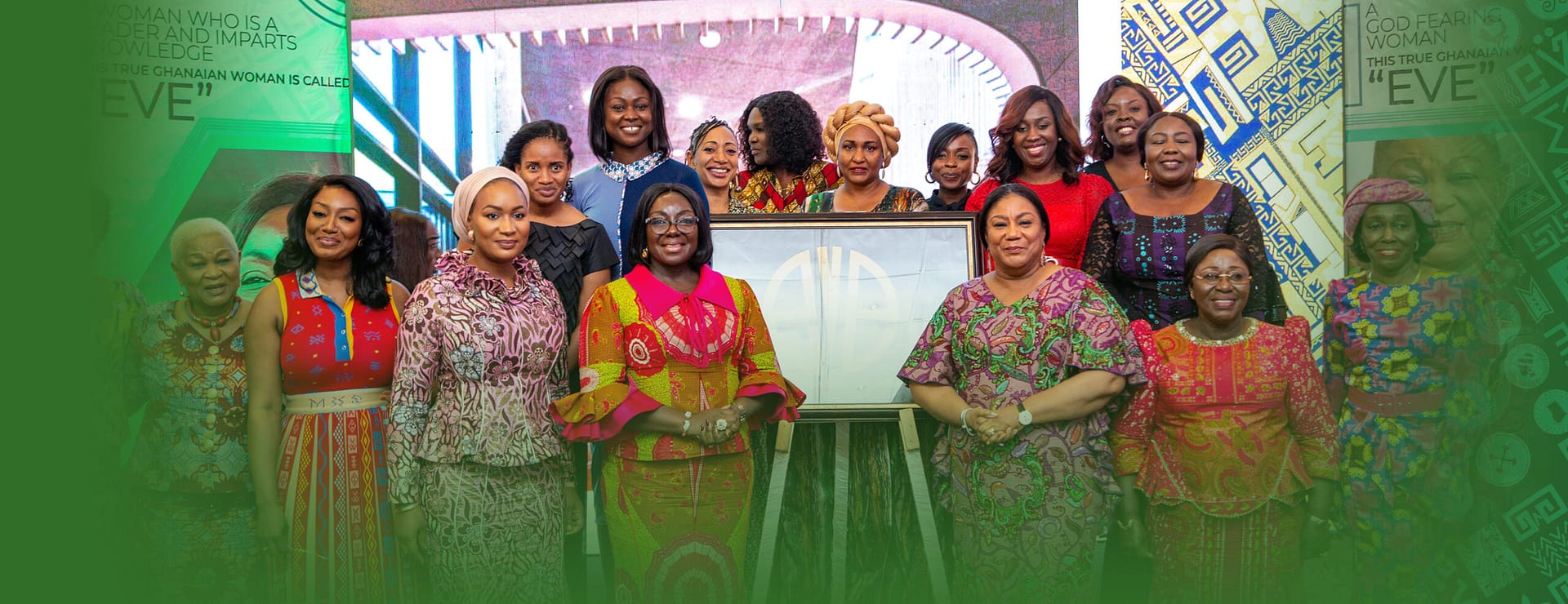





Maternal and Reproductive Health- WHO data in 2017 indicated that very day in 2017, about 808 women died due to complications of pregnancy and childbirth. Almost all of these deaths occurred in low-resource settings, and most could have been prevented. The primary causes of death are haemorrhage, hypertension, infections, and indirect causes, mostly due to interaction between pre-existing medical conditions and pregnancy. The risk of a woman in a low income country dying from a maternal-related cause during her lifetime is about 130 times higher compared to a woman living in a high income country. Maternal mortality is a health indicator that shows very wide gaps between rich and poor and between countries.
Cancers: It is a disease in which some of the body’s cells grow uncontrollably and spreads to other parts of the body. Cancer is a leading cause of death worldwide, accounting for nearly 10 million deaths in 2020, or nearly one in six deaths.
The most common cancers are breast, lung, colon and rectum and prostate cancers.
Around one-third of deaths from cancer are due to tobacco use, high body mass index, alcohol consumption, low fruit and vegetable intake, and lack of physical activity. Cancer-causing infections, such as human papillomavirus (HPV) and hepatitis, are responsible for approximately 30% of cancer cases in low- and lower-middle-income countries. Many cancers can be cured if detected early and treated effectively. Nearly 95,000 cases of cancer were reported in Ghana in 2019. In the previous year, around 90.7 thousand incidences were registered, following the increasing trend observed since 2010. Cancer refers to a group of diseases that affect different parts of the body including the breast, lungs, skin, and liver. The source ascertains that it is a leading cause of death around the globe.”
Research amongst women in low- and middle-income countries, particularly in Africa, has tended to focus primarily on maternal and reproductive health issues, with the neglect of mental health concern. There is almost unanimous agreement that women in Ghana are more affected by mental disorders. In Ghana, mental illness in women is attributed to women being the weaker sex, hormones, witchcraft, adultery, abuse and poverty. Explanations could be clustered under three broad categories: women’s inherent vulnerability, witchcraft, and gender disadvantage. The way in which women’s subordinate position within society may underpin their mental distress needs to be recognized and addressed.
Education & Awareness: A big step toward improving the diagnosis and treatment of mental health conditions in women rests in education: We want to create cultural change in our society on how we view mental illness and education on the prevalence of mental illness. There is a need to showcase the negative effects it has on women and their families, and the many resources available to help them receive the treatment they need to return to health. For mental illness stigma to reduce there is a need for efforts to increase access to quality mental health care and effective treatments;
Advocacy for Legislation and International Best Practice: We intend to create platforms for advocacy on increased investment on all fronts and for mental health legislation to be promulgated or amended; proper governance of the mental health space is required for efficiency.
Mental Health Infrastructure: Sadly, whilst the incidence of mental health in Ghana is increasing, the capacity of available infrastructure, number of trained professionals and budget for treating mental health are all declining. The geographic distribution of mental health facilities makes it even worse for a larger section of the Ghanaian society to access mental health treatment. That is why EVE International intends to champion the building of the first ever Wellness and Rehab Centre in Ghana to especially target women in need of mental health treatment.









